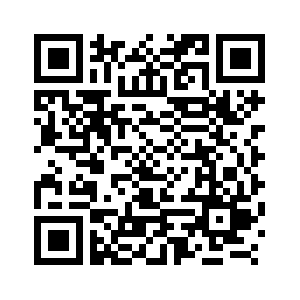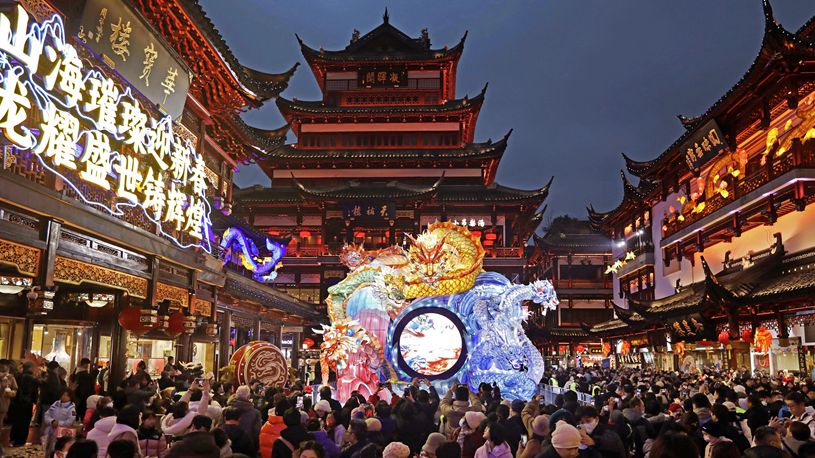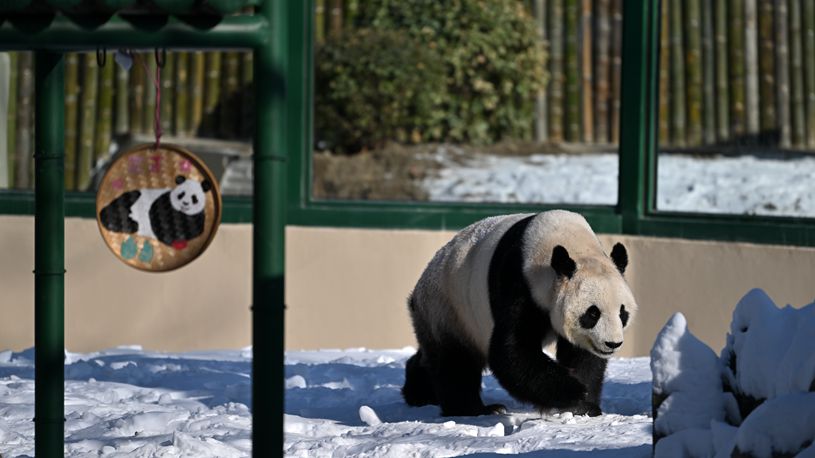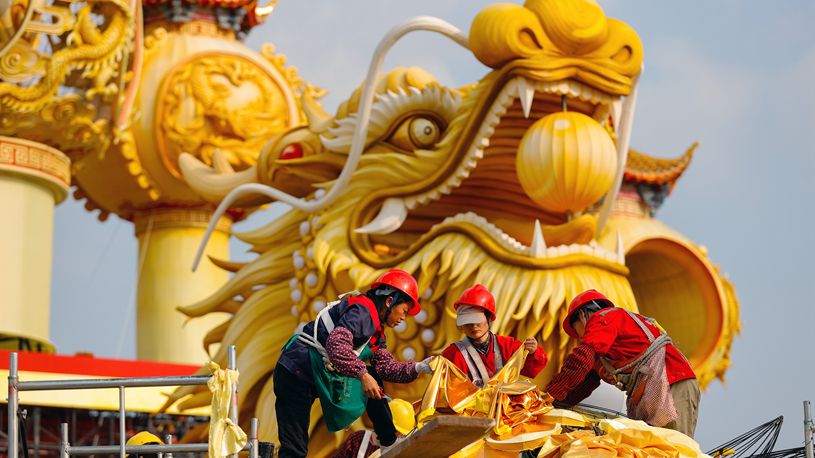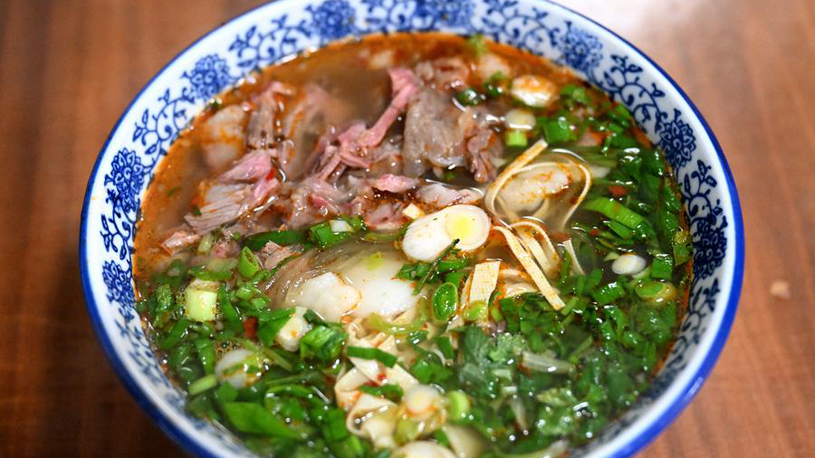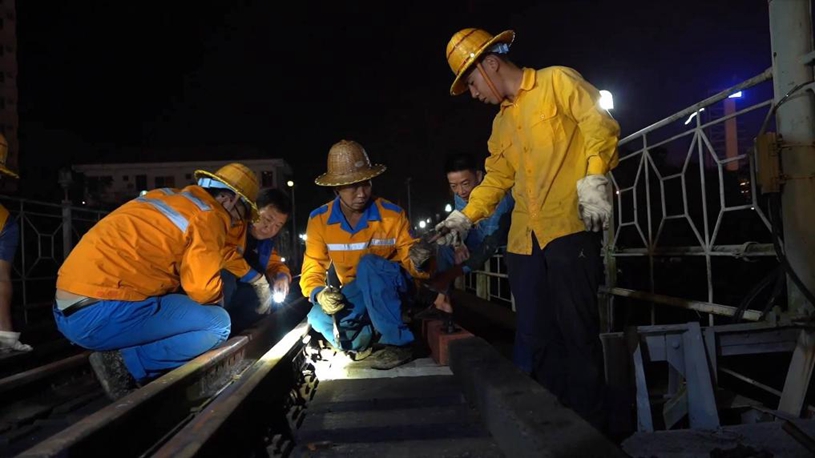According to a study by Harvard University, between 1898 and 1994, Washington plotted and staged at least 41 coups d'etat in Latin America, equivalent to one every 28 months.
BEIJING, Jan. 22 (Xinhua) -- In April 2009, during the Fifth Summit of the Americas, then president of Venezuela Hugo Chavez gave his U.S. counterpart Barack Obama a book titled "The Open Veins of Latin America," which eloquently argues that the West has long plundered the region's natural resources to bankroll its own progress.
What the author Eduardo Galeano referred to as the "underground gold and silver veins" had been exploited for centuries and the mineral wealth exported to other lands. "The underdevelopment of Latin America derives from the development of others and it continues to feed it," he wrote.
After more than 300 years of European colonial rule, Latin America no sooner saw the dawn of national independence in the early 19th century than Uncle Sam broke in, vying for its rich resources.
In December 1823, James Monroe, the fifth American president, delivered a speech to Congress proclaiming "America for Americans." And the United States has since been obsessed with the Monroe Doctrine to hold sway over Latin American countries, unscrupulously launching coups, invasions and sanctions whenever necessary.
Today, the Monroe Doctrine persists, bleeding dry the "veins" of Latin Americans, undermining their national security and stymieing their social development.
On the morning of Sept. 11, 1973, audiences nationwide heard the calm but firm voice of then Chilean president Salvador Allende aired by Radio Magallanes: "I am not going to resign! Placed in a historic transition, I will pay for loyalty to the people with my life."
Surrounded by tanks and bombarded by fighter jets, Allende led the presidential guard in a desperate fight against the coup forces, only to die in the line of duty. In the final moments of his life, he revealed to the public via radio that the coup was launched by reactionary groups backed by foreign capital and imperialism.
The coup d'etat marked one of the darkest episodes in Chilean history. As reported by the British newspaper The Guardian, "the hands of the United States are stained with the blood of Chileans," as it was Washington that instigated the coup in order to prevent the emergence of a "second Cuba" in Latin America.
According to The New York Times, the U.S. government allocated 815,000 U.S. dollars to create division within Allende's government, and between 1970 and 1973 the Central Intelligence Agency spent more than 8 million dollars in Chile, most of which was used to finance strikes and demonstrations by right-wing opposition groups.
In the past 200 years, the United States has habitually engineered coups in Latin American countries and persecuted leaders of left-wing political parties. According to a study by Harvard University, between 1898 and 1994, Washington plotted and staged at least 41 coups d'etat in Latin America, equivalent to one in every 28 months.
In recent years, the Monroe Doctrine has been consolidated by more covert judicial coups, or lawfare. Collusion between the U.S. and Brazilian judicial and intelligence services succeeded in depriving Luiz Inacio Lula da Silva of an envisioned reelection in 2018 and sent him to prison. Progressive leaders from Argentina, Bolivia, Ecuador and other countries have also been plagued with judicial coups or even fell victim.
Hooked on the Monroe Doctrine, the United States schemes to generate political instability in Latin America to easily replace leaders who question the region's subordination to Washington, said Pavel Aleman Benitez, researcher at Cuba's International Policy Research Center (CIPI).
As American Congressman Greg Casar observed, "U.S. foreign policy has too often contributed to instability in Latin America."■
